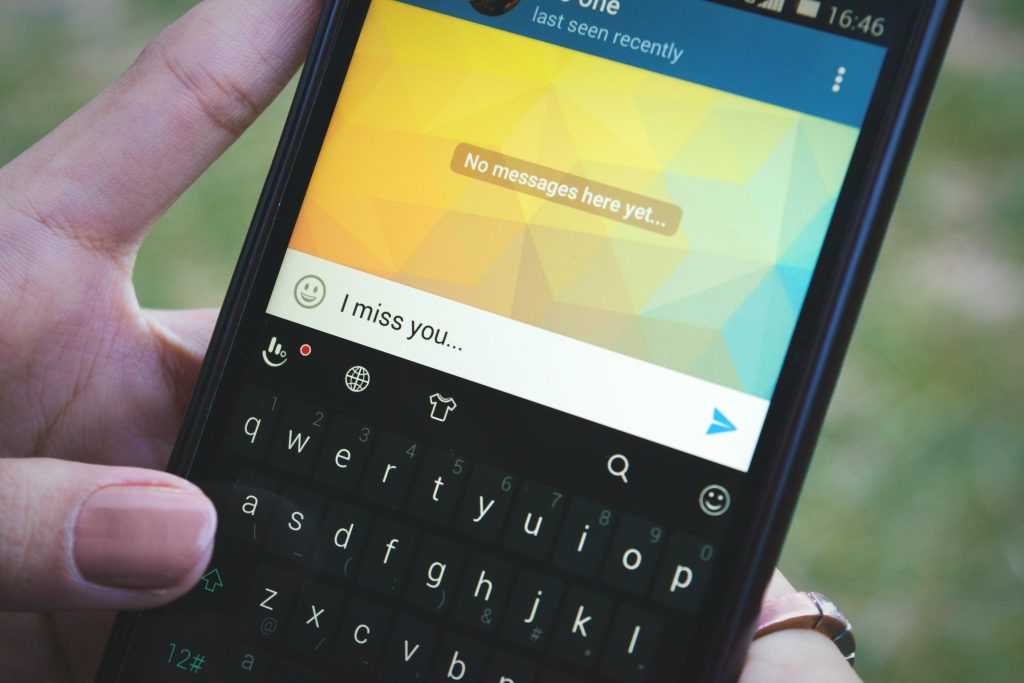Title: Apple finally shifts gears: RCS messaging support coming to iPhones in 2024
Introduction:
In the digital age, seamless communication between different mobile platforms is something that users have longed for. The disparity between iPhone and Android devices has often left users grappling with limited functionalities when exchanging text messages. However, a recent surprising announcement from Apple has provided a glimmer of hope for a more inclusive messaging experience. In 2024, Apple will integrate support for Rich Communication Services (RCS) into its software, bridging the gap between iPhones and Android devices.

The Evolution of RCS:
On a Thursday announcement, Apple confirmed its decision to incorporate the RCS messaging standard into future software releases. The RCS standard, also known as Rich Communication Services, aims to enhance the messaging experience by offering features like high-quality media sharing, read receipts, typing indicators, and even location sharing within text threads. While this move is a significant win for users, it may also be Apple’s strategic response to European lawmakers’ concerns regarding the regulation of its iMessage platform under the EU’s Digital Markets Act.
Playing Catch-up:
Apple’s decision to embrace RCS comes after years of delay, leaving many users perplexed about the reasons behind this lag. Unlike other popular messaging services that have long supported these features, Apple relied on outdated technical standards, such as SMS and MMS, for communication with non-iPhone users. In the meantime, mobile carriers, device manufacturers, and even Google invested in the RCS standard, building a robust infrastructure that supports these advanced messaging capabilities.
A Uniform Messaging Experience:
By embracing RCS, Apple aims to provide users with a more uniform messaging experience regardless of the smartphone they use. Apple expressed its belief that the RCS Universal Profile will offer improved interoperability compared to traditional SMS and MMS messaging. This shift marks a significant step for Apple in aligning its messaging service with the industry’s evolving standards.
Secure Messaging:
While Google implemented end-to-end encryption for RCS messages in its Google Messages app, Apple intends to focus on enhancing the security of the RCS standard itself. Although this process may not happen immediately, it reflects Apple’s commitment to ensuring a secure messaging experience for its users.
The Future of iMessage:
Apple’s move to embrace RCS does not imply the demise of its beloved iMessage platform. iMessage will continue to operate alongside RCS, providing Apple users with the best and most secure messaging experience. Apple acknowledges that messages exchanged between Android and iPhone devices will still be color-coded as green or blue, maintaining distinction between the platforms.
The Green Bubble Stigma:
Despite Apple’s efforts to bridge the messaging gap, the infamous green bubble stigma associated with Android users and iMessage will likely persist unless users seek alternative solutions. Some third-party developers are actively working to enable iMessage functionality on Android devices, providing a potential workaround for those longing to break free from the green bubble stigma. However, only time will tell if European lawmakers’ pressure will force Apple to fully open its platform to all messaging services.
Conclusion:
Apple’s decision to incorporate RCS messaging support into its future software releases is a significant leap forward in providing a more inclusive messaging experience for iPhone and Android users. By embracing the RCS standard, Apple aims to align itself with evolving industry standards while providing its loyal users with a more seamless messaging experience. This move may also help alleviate regulatory concerns in Europe. However, the presence of iMessage alongside RCS signifies Apple’s commitment to maintaining its flagship messaging service. While the green bubble stigma may persist, users can explore alternatives or wait to see if future developments will lead to a more unified messaging landscape.



